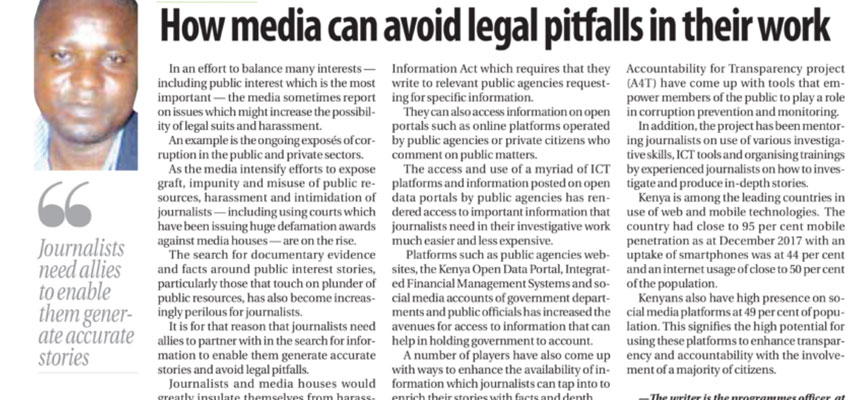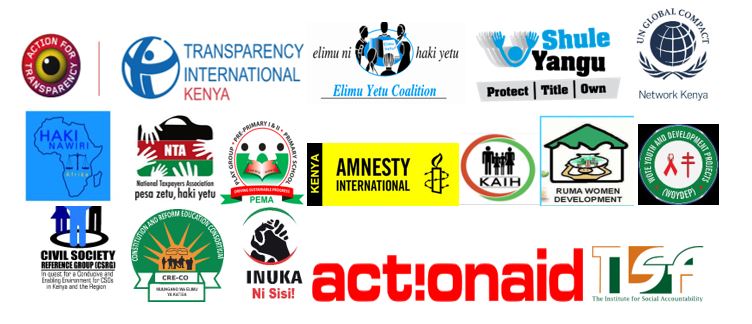by Victor Bwire
In an effort to balance many interests — including public interest which is the most important — the media sometimes report on issues which might increase the possibility of legal suits and harassment.
An example is the ongoing exposés of corruption in the public and private sectors.
As the media intensify efforts to expose graft, impunity and misuse of public resources, harassment and intimidation of journalists — including using courts which have been issuing huge defamation awards against media houses — are on the rise.
The search for documentary evidence and facts around public interest stories, particularly those that touch on plunder of public resources, has also become increasingly perilous for journalists.
It is for that reason that journalists need allies to partner with in the search for information to enable them generate accurate stories and avoid legal pitfalls.
Journalists and media houses would greatly insulate themselves from harassment, including judicial processes, if they adhered to the provisions in the Access to Information Act which requires that they write to relevant public agencies requesting for specific information.
They can also access information on open portals such as online platforms operated by public agencies or private citizens who comment on public matters.
The access and use of a myriad of ICT platforms and information posted on open data portals by public agencies has rendered access to important information that journalists need in their investigative work much easier and less expensive.
Platforms such as public agencies websites, the Kenya Open Data Portal, Integrated Financial Management Systems and social media accounts of government departments and public officials has increased the avenues for access to information that can help in holding government to account.
A number of players have also come up with ways to enhance the availability of information which journalists can tap into to enrich their stories with facts and depth.
Institutions like Transparency International through interventions such as the Accountability for Transparency project (A4T) have come up with tools that empower members of the public to play a role in corruption prevention and monitoring.
In addition, the project has been mentoring journalists on use of various investigative skills, ICT tools and organising trainings by experienced journalists on how to investigate and produce in-depth stories.
Kenya is among the leading countries in use of web and mobile technologies. The country had close to 95 per cent mobile penetration as at December 2017 with an uptake of smartphones was at 44 per cent and an internet usage of close to 50 per cent of the population.
Kenyans also have high presence on social media platforms at 49 per cent of population. This signifies the high potential for using these platforms to enhance transparency and accountability with the involvement of a majority of citizens.
This article was first published at the People Daily Newspaper, you can view this an more via this LINK. —The writer is the programmes officer at the Media Council of Kenya and a journalists safety trainer —victor@mediacouncil.or.ke


